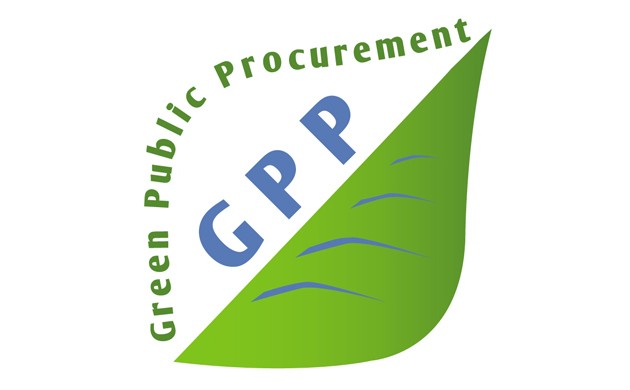
Since 2003 the European Commission has gradually increased its attention on the Green Public Procurement (GPP).
GPP represent the basic approach by which Public Administrations integrate environmental criteria at all stages of the purchasing process, encouraging the diffusion of environmental technologies and the development of environmentally efficient products through the search and the choice of products with a low impact on the environment throughout their life cycles.
With the IPP “Integrated Product Policy” dated 2003, the European Commission exhorts the Member States to adopt national action plans.
Italy has accepted this statement with Law no. 296/2006 and the Ministers of the Economy, Finance and Economic Development, has consequently adopted the "Public Consumption Sustainability Action Plan (PAN GPP)".
The PAN GPP requests that the Ministry of the Environment defines, according to product categories, including furniture and furnishings, the "Minimum Environmental Criteria" (CAMs), which represent the national reference point for green public purchases that can be used by procurement stations, to enable the Green Public Procurement Action Plan to maximize environmental and economic benefits.
With the new Code of Contract (Legislative Decree 50/2016), and with subsequent amendments (Legislative Decree 56/2017), GPP is no longer a voluntary instrument but has become compulsory. In fact, art. 34 introduced the obligation to apply the "technical specifications" and "contractual clauses" contained in the Minimum Environmental Criteria (CAMs) "for any amount of credit", for the entire value of the tender.
The Decree of 11 January 2017 issued a new technical document for the furnishing sector which contains the "minimum environmental criteria" (CAMs) for public supply of furnishings for all uses (e.g. office furniture, school furniture, furnishings for storage rooms and reading rooms). Environmental criteria can be "basic" or "rewarding", a contract can be considered "sustainable" if it integrates at least all the basic criteria; however, contracting stations are also encouraged to use the award criteria. According to the European Commission's guidelines in order to provide the market with an adequate information, the procurement stations should award prizes no less than 15%, especially where the contract is awarded in the form of the most economically advantageous tender.
In addition, in order to facilitate the verification activity by the supplier and the contracting entities of the compliance with the required environmental characteristics, at the end of each criterion, a "verification" provided the information on the documentation to be attached to participate in the public tender, the tests method required and the checks at the time of contract execution.
Given that public purchases in the EU countries account for about 19% of GDP (about 15% in Italy) it is clear how the power of public demand can address the market to goods and services with lesser environmental impacts, thus becoming an instrument for orienting towards innovation in the sustainability and at the same time promoting the diffusion of environmental certifications.
For info:Daniele Bergamasco
tel. 0432 747249
e-mail
bergamasco@catas.com

 Since 2003 the European Commission has gradually increased its attention on the Green Public Procurement (GPP).
Since 2003 the European Commission has gradually increased its attention on the Green Public Procurement (GPP).